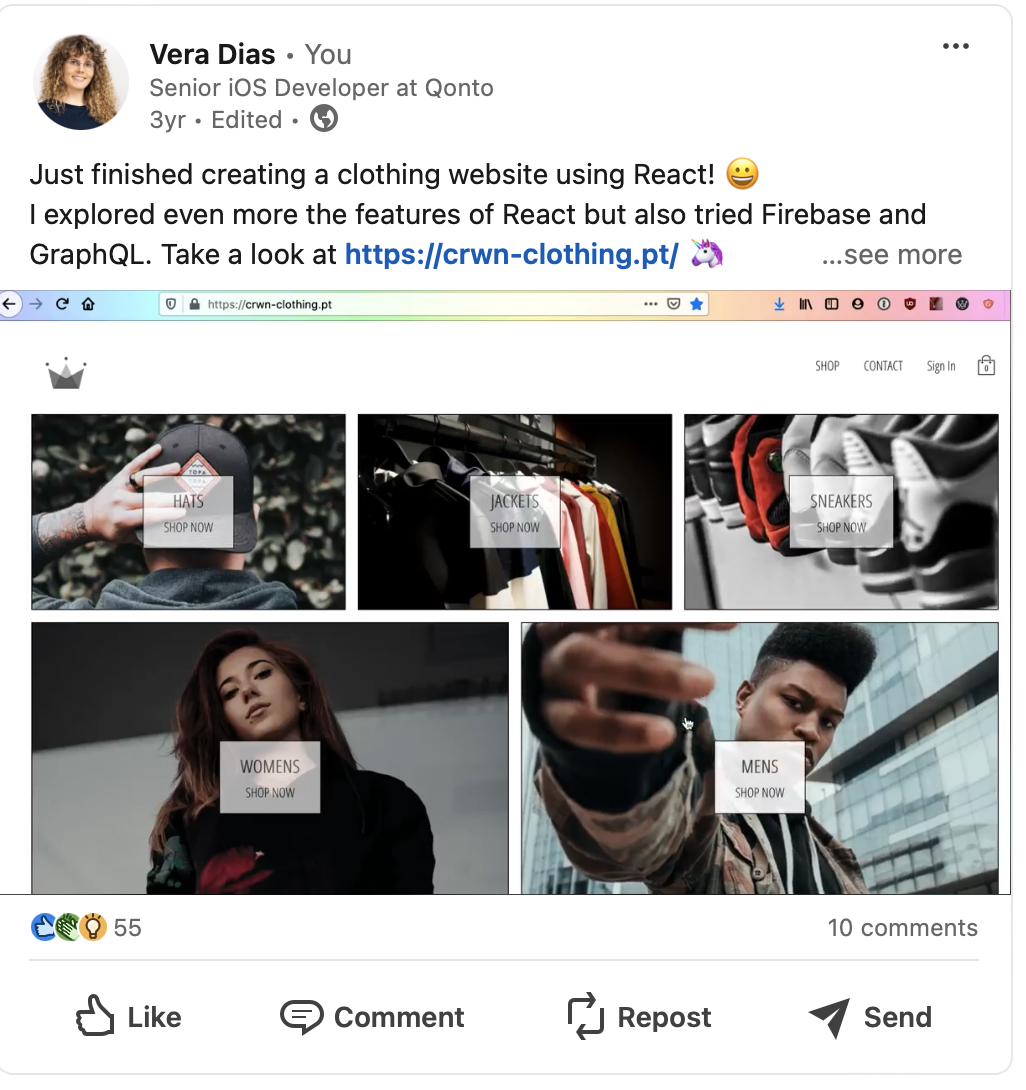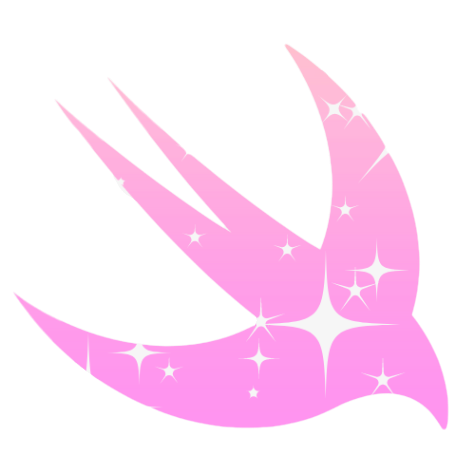How I Switched: From QA to Senior iOS Developer
I gave a technical talk to the Geek Girls Community in Portugal earlier this year Geek Girls Community in Portugal.
When it was time for the Q&A at the end of the session, I had several questions.
But none of them were about the topic that I prepared.
They were about how I switched careers from QA to iOS.
It's essential to give a little context on the community that attended the talk: most were women in STEM, and a good portion of the crowd wanted to switch careers.
Our conversation from that point onwards was extremely enlightening. That's why I think sharing how I switched careers and how you can do it, too is essential.
Breaking Point
Let's travel back to 2020 when I worked as a QA Analyst.
My daily routine mainly consisted of manual and repetitive work. I understood the importance of my role in delivering features, but I was starting to feel exhausted.
Most of what I learned in college (I did Software Engineering) wasn't being used, and after some time, I started to resent waking up to work.
My breaking point was when I started to think about the future.
As a very old 21-year-old, I tried to think how I would feel at 50/60 and looked back at my career. Would I be proud?
The short answer is no. I would always feel like I just wasted time.
That's when I decided to change.
But how?
I knew I couldn't just switch. Even with the knowledge I had from college, working in a company was very different.
Besides, the switch at the time seemed impossible, and I felt I wasn't smart enough to program.
It's necessary to provide more context about gender equality in STEM.
From my experience, women are perceived as less competent than men in software development.
This was exacerbated by some teachers I had in college, who said multiple times that, with so many years of teaching experience, women are more organized but lack the ability to program (🤮), unlike men.
With all these in mind, I truly felt I couldn't be a programmer.
So, I decided to choose a career as a QA Analyst.
Experimenting
Now, with all this on the table, I was sure I couldn't program.
However, with the internet age, anyone can learn programming, even incapable people like me. So why not try it out after work?
In a safe place like my home, I can be "incompetent" and still try different things and fail.
So, after work, I dedicated a couple of minutes to an hour to follow Udemy courses.
I started to post my achievements on Linked In to motivate me and connect with other developers.

It turned out that programming wasn't that difficult, and it was very fun. I felt challenged and used the things that I learned in college.
Switching
I was starting to get some confidence, so I decided to submit my application for different roles.
I knew I would get a pay cut and "reset my career." This is also a big point of contention for some people.
I'm grateful that I could take this payout at the time and didn't spend too many years on QA. Besides, I was very motivated to change since I had already proven capable of doing that job.
After a lot of nos, I got my first job as an iOS developer and haven't looked back since.
I don't miss QA. The only thing I regret most about this change is that I didn't do it sooner.
Conclusion
Thank you for reading this article about my experience in switching careers.
I felt very insecure about my abilities at the time, and the internet helped me overcome this. Many free or paid courses online can introduce you to a new topic.
And who knows what you may learn along the way.
Have you switched careers before?
If you find my work valuable, please follow me on LinkedIn, GitHub, and X.
It's a pleasure to help and connect with other software developers like you!
Links
- Geek Girls Community (the website is in 🇵🇹, you must request the browser to translate).
